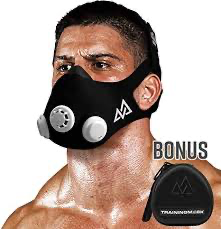Brian in Montana
Well-known member
I'm 46, I have jogged many, many miles in my life (note I say "jogged" not "run"). The only joints I've never had problems with are my knees. I did develop plantaar's fasciitis at one point, but that was cured but better stretching and insoles.





